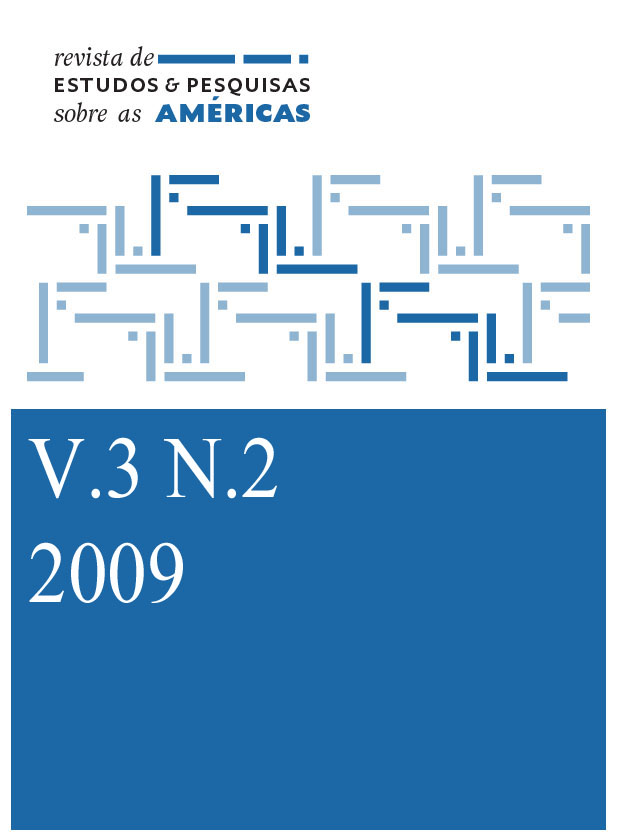Os contextos revolucionários: sobre mudança histórica, política e institucional em contextos revolucionários: análise comparativa das últimas duas reformas constitucionais da Bolívia (2004 e 2008) e da constituição de Cuba de 1976 (alterada em 2002)
Abstract
A atual Constituição política da Bolívia se distancia quanto ao contexto geográfico, temporal e social da Constituição de Cuba de 1976. No entanto, tomadas em paralelo, ambas plasmam uma letra da luta e revolução forjada a partir da experiência colonial e sitiada das sociedades latino-americanas; mostram, neste sentido, certos aspectos comparáveis em sua concepção de cidadania, democracia e direitos humanos. Como entender o papel central que a organização coletiva, a educação e respeito pela diferença assumem dentro de um projeto revolucionário e na formação de um homem político? A partir desta consideração, observa-se que o exame não pretende ser exaustivo, uma vez que os pontos de comparação desenvolvidos implicam um recorte geral e dependem de uma interpretação situada. O que se constrói aqui é um esforço de elucidação e encontro com parte da realidade latino-americana, com sua configuração institucional e seu marco atual de disposição política. Isso exigirá um esforço de interpretação que, a partir da sociologia histórica, aborde em termos críticos a relação que existe entre o conhecimento sociopolítico e histórico e a luta pela revolução da memória, dos sentidos e das diferentes formas de olhar o mundo.Downloads
Published
Issue
Section
License
The published material is the property of the Journal, and may be reproduced in whole or in part with indication of the source.
Copyright: Authors will be responsible for obtaining the copyright of the material used. Authors who publish in this journal agree to the following terms:
a)Authors retain the copyright and grant the journal the right of first publication, with the work simultaneously licensed under
the Creative Commons Attribution License which allows the sharing of work with acknowledgment of authorship and initial publication in this journal.
b) Authors are authorized to take additional contracts separately, for non-exclusive distribution of the version of the work published in this journal (eg, publish in institutional repository or as a book chapter), with acknowledgment of authorship and initial publication in this journal.
c) Authors are allowed and encouraged to publish and distribute their work online (eg in institutional repositories or on their personal page) at any point before or during the editorial process, as this can generate productive changes as well as increase the impact and the citation of the published work (See The Effect of Free Access).
















